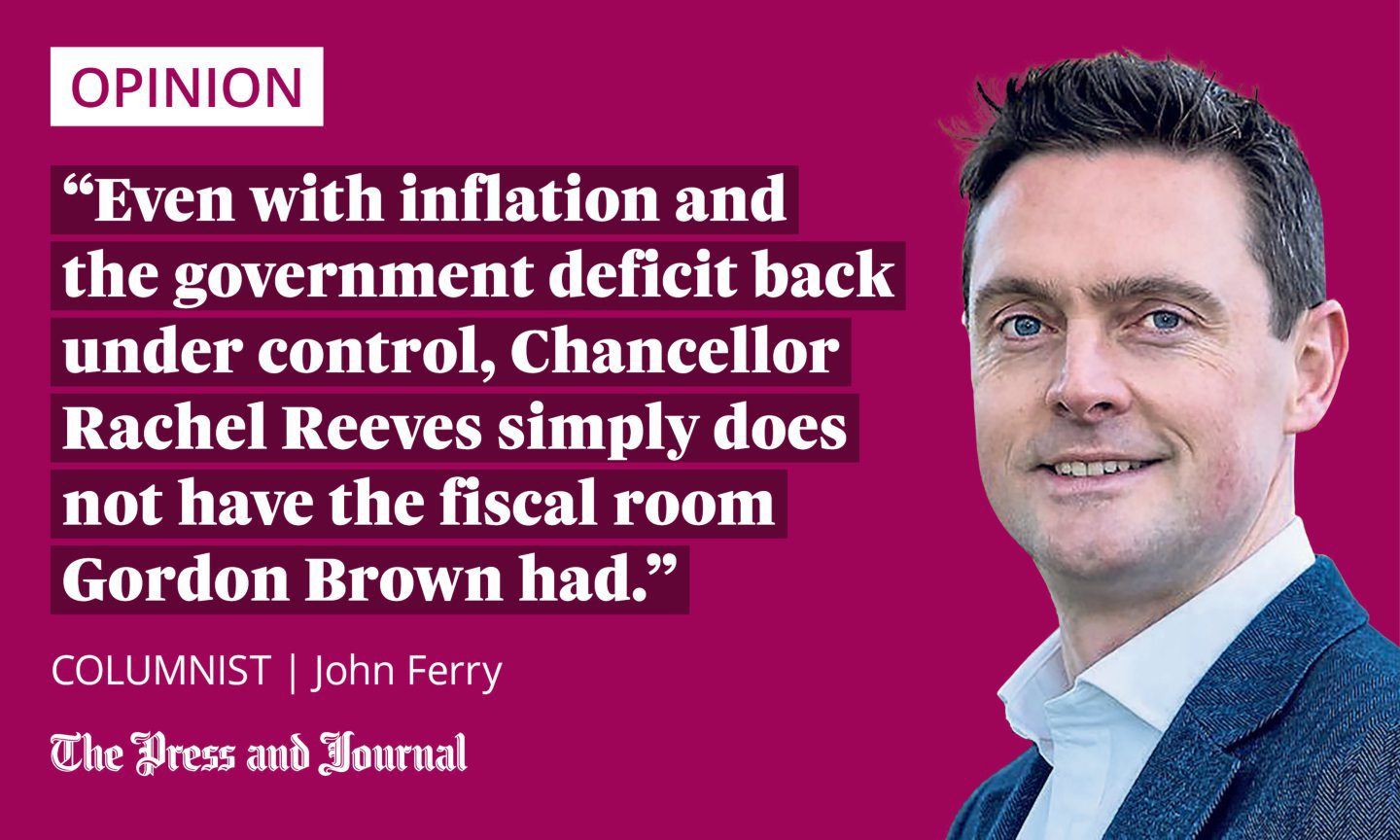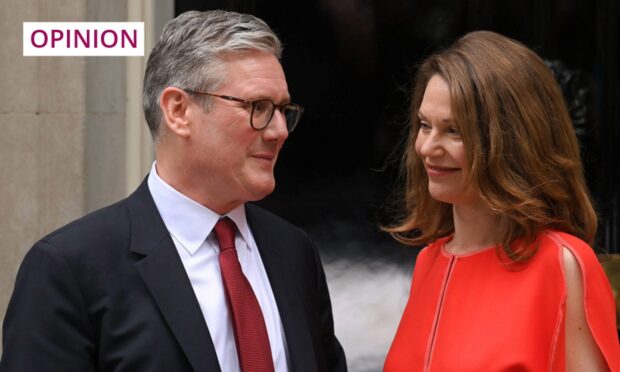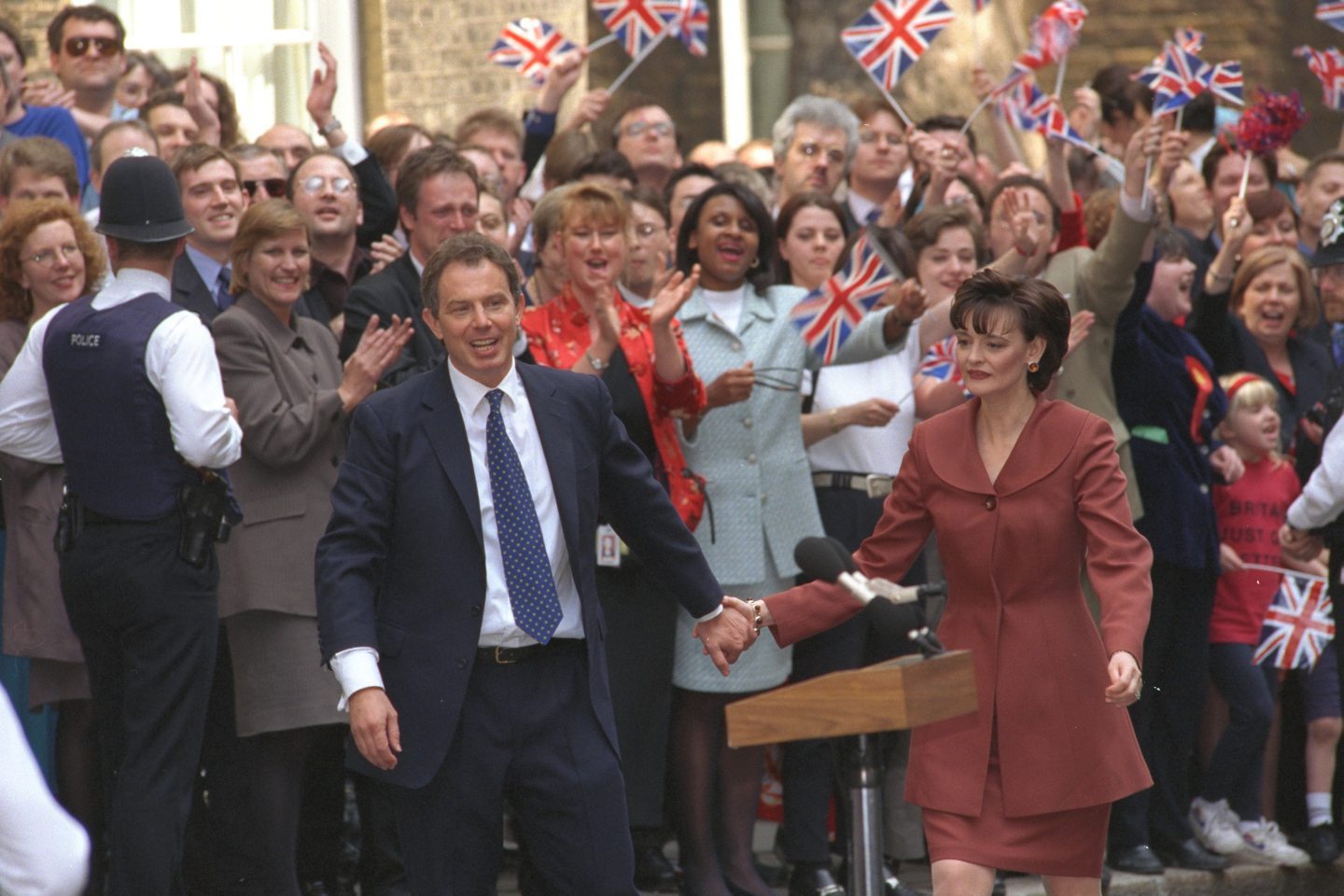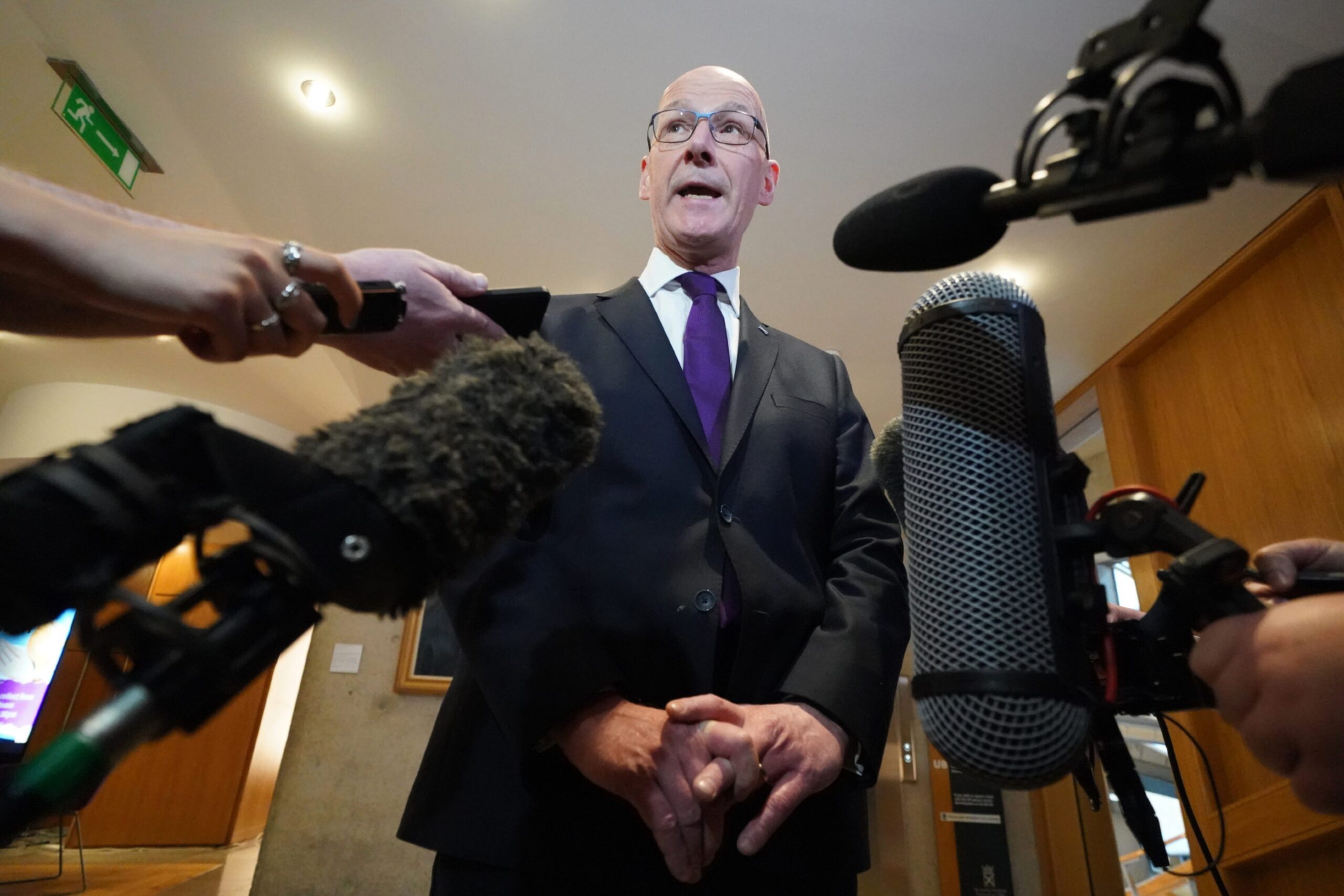Labour’s PR team knew exactly what they were doing when they choreographed Keir Starmer and his wife Victoria entering 10 Downing Street earlier this month.
The supporters lining each side of the street waving little Union flags (though, this time, in a nod to devolution, supplemented with Saltires and the Welsh flag), the time spent shaking hands and embracing folk before the speech, and the walk through the big black door were all clearly staged as a replay of Tony and Cherie Blair in 1997.
The induced nostalgia was meant to remind us of that new beginning. It largely worked.
I was 20 years old when Blair became prime minister, and a student at St Andrews University who had just voted in his first general election. My local MP there was the Liberal Democrat Menzies Campbell, whom I greatly admired, so I voted to keep him in place. But I was happy with a nationwide result ushering in a New Labour government after so many years of Conservative rule.
Blair coming to power was a breath of fresh air, and part of a cultural moment that came to be known as “Cool Britannia”. With the Cold War ended, liberal democracy triumphant, and Western economies recovering from the recession that had marked the early part of the decade, a sense of optimism had returned.
In art and music, as well as economically, Britain was back. The Britpop era defined by Oasis and Blur had peaked and was about to mature into the post-Britpop period of bands like Travis and Snow Patrol. Trainspotting had not long left the cinemas and was on its way to cult status, and Geri Halliwell was sporting a Union Jack dress at the Brit Awards.
Today, with another Labour government newly in power after so many years of Conservative rule, could we be on the verge of a new awakening of British energy and creativity – Cool Britannia: The Return? There are several reasons why the answer is probably no.

Let’s start with the economics. Public sector debt as a percentage of GDP was less than 40% in 1997. Today, it’s around 100%. Even with inflation and the government deficit back under control, Chancellor Rachel Reeves simply does not have the fiscal room Gordon Brown had.
The New Labour government of the 1990s quickly and massively increased spending on the NHS, with the result that, for example, working conditions and wages for junior doctors and nurses significantly improved. Today’s government does not have the capacity to engineer that sort of dramatic change in any of our public services.
Young people in the 1990s could look to the future and see themselves owning a house and having a better standard of living than their parents. The fundamentals of today’s economy do not support that optimism.
Also, the UK economy of almost 30 years ago benefitted from being part of the EU single market. Starmer’s government has been handed an economy still adjusting to the creation of trade barriers between the UK and its closest and most important trading partner. Those barriers are set to be a continuous drag on UK economic performance.
And culture? Not long after becoming PM, Blair famously held a party at Downing Street for the cream of Britain’s creative talent. Attendees included Oasis’s Noel Gallagher, who was photographed sipping champagne while chatting to the new PM. (Gallagher has since vacillated between defending and lamenting his attendance.)
Potential for better times ahead
I can’t see there being a repeat. Firstly, because today’s music and art in our more atomised society seems more diffuse, and, secondly, because this 2020s Labour government doesn’t have that plugged-into-the-culture vibe the 1990s one did.
We forget how relatively youthful Tony Blair, who became PM at the age of 43, was. He could just about get away with associating himself with edgy artists in a way that seems unimaginable for the older and greyer Starmer.
That said, there are at least some definite similarities between today and the late-1990s.
The SNP sits on the fringes at Westminster again, and separatist politics is on the wane. John Swinney, having led the SNP from 2000 to 2004 during a particularly low period for his party, seems set to repeat that performance.
On the economy, there is the potential for better times ahead. Relations between the UK and the EU are already improving, though how that plays out in real-world economic terms is yet to be seen. The UK stock market is on the up after a period in the doldrums.
Keir and Victoria Starmer’s walk down Downing Street to their new home might not signify Cool Britannia 2, but it does signal a change. If the PM and his chancellor can get the economy moving again then perhaps some new form of cultural reawakening will follow – even if it doesn’t involve champagne with Dua Lipa.
John Ferry is a regular commentator on Scottish politics and economics, a contributor to think tank These Islands, and finance spokesperson for the Scottish Liberal Democrats



Conversation